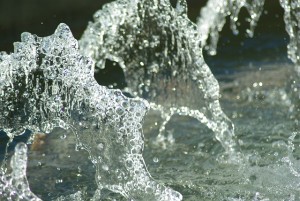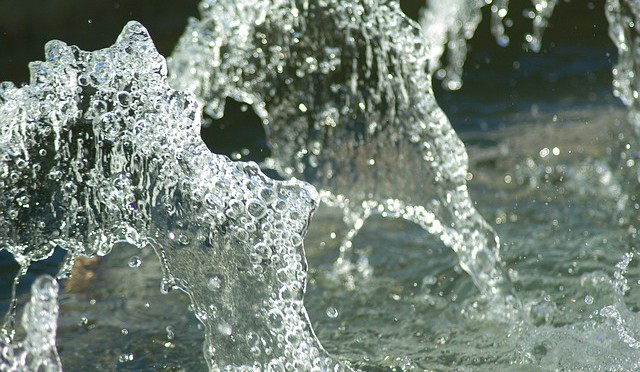 You might not expect it can happen here in the US, but water stress is heading this way.
You might not expect it can happen here in the US, but water stress is heading this way.
Water stress is defined as meaning either the demand for water exceeds its availability or poor quality restricts its use. We know that Flint, MI may have sufficient water supply, but if folks aren’t able to drink it, a water stress (and financial stress) situation exists.
As reported by MSN, “When stress occurs, according to the European Environmental Agency, the deterioration of freshwater resources soon follows and this can lead to illness. For example, a quarter of the globe’s population lacks the necessary resources to access anything more than a feces-contaminated source for their drinking water, risking diarrhea, cholera, polio, and other diseases.”
As we’ve previously written, decentralized water systems may be the best way to protect your family and business from water stress, which according to reports, will hit many areas of the United States within the next 20 years – if we don’t change the way we design and build public water systems.
Will Decentralized Water Systems Flow in the Wake of Flint Crisis? (originally published on 3/10/2016 at RainBank.info)
Matt Grocoff, a writer, speaker and recognized leader in net zero energy and living buildings asks: “What if there is a better way for Flint and other cities to harvest and deliver life-enhancing water?
We’ve talked about why decentralized water systems are important to our public safety and why rainwater collection is a simple source for decentralized water, and how it can be the answer to our aging, centralized water systems. With expected increased demand from high density development and the high cost of upgrading infrastructure to meet those demands, water is becoming a commodity.
In his February 15th post for Michigan Radio, Can Flint crisis inspire better water systems for all of us?, Grocoff goes on to say, “There is no doubt that Flint’s water crisis is an unqualified failure of democracy, but it is also a century-old failure of design and systems thinking.”
With a progressive train of thought, he asks, instead of replacing all of the pipes, how about building a better system? This practical approach has some of us scratching our heads because it makes perfect sense.
As science and technology evolve, we should adapt new practices for designing and building public water systems – for the sake of our health, longevity, sustainability and affordability.
Don’t be caught high and dry when water stress arrives in your community. Learn more about rainwater collection and how you can either replace or supplement your dependence on well or city water supply. Of course, we encourage you to follow this blog (click the box below to subscribe to notifications), or visit the American Rainwater Catchment Systems Association (ARCSA.org) for free and timely information about rainwater harvesting.






 So many of us may have become complacent about the water that has seemingly so easily flowed through our faucets and garden hoses. In the United States,
So many of us may have become complacent about the water that has seemingly so easily flowed through our faucets and garden hoses. In the United States,